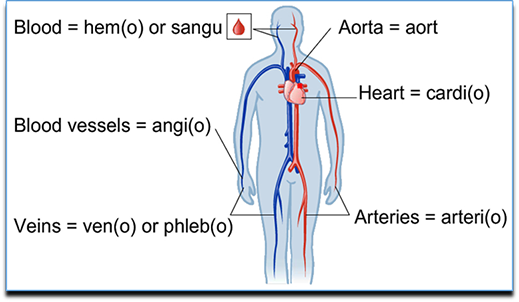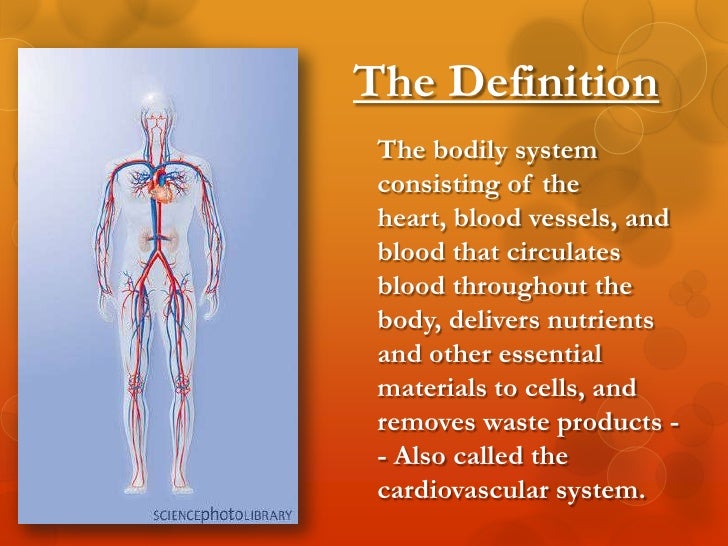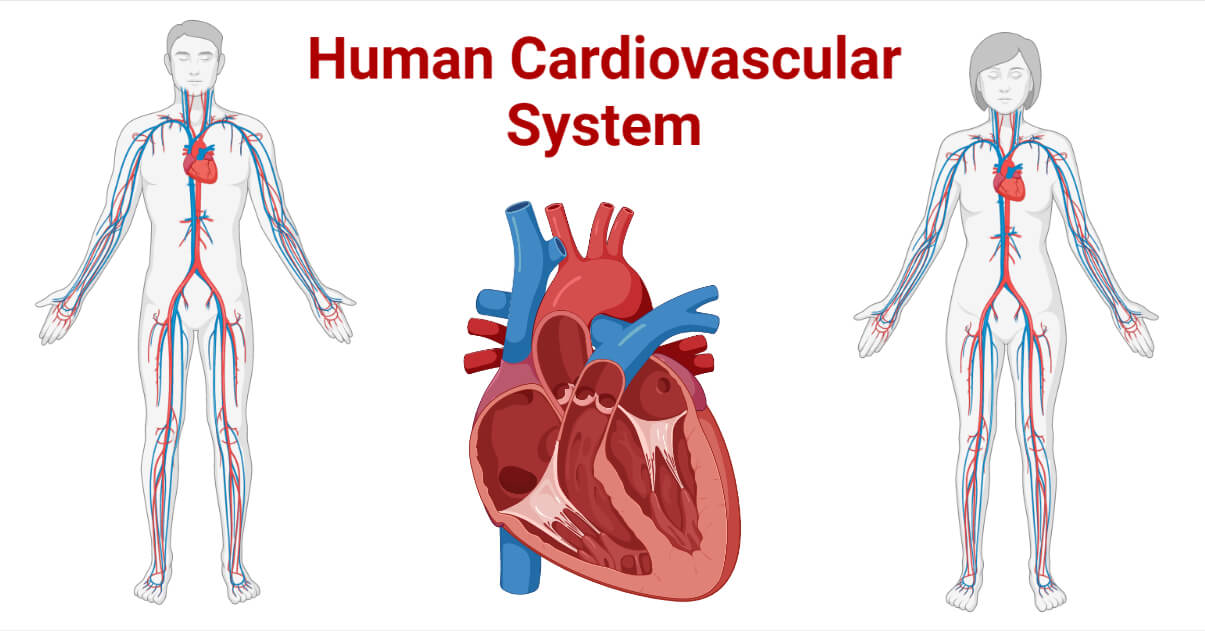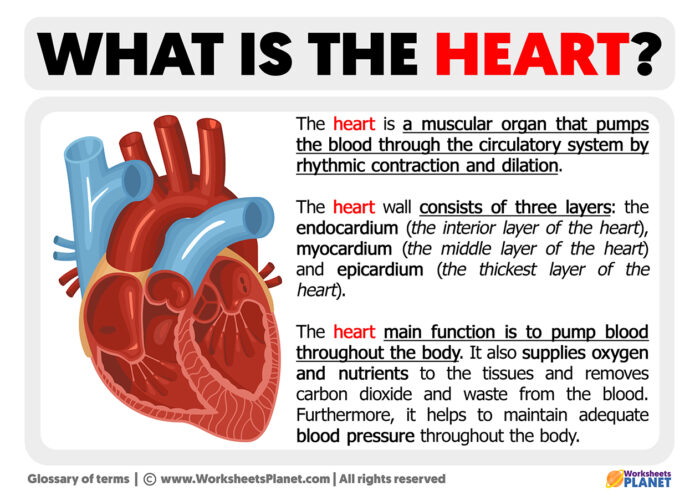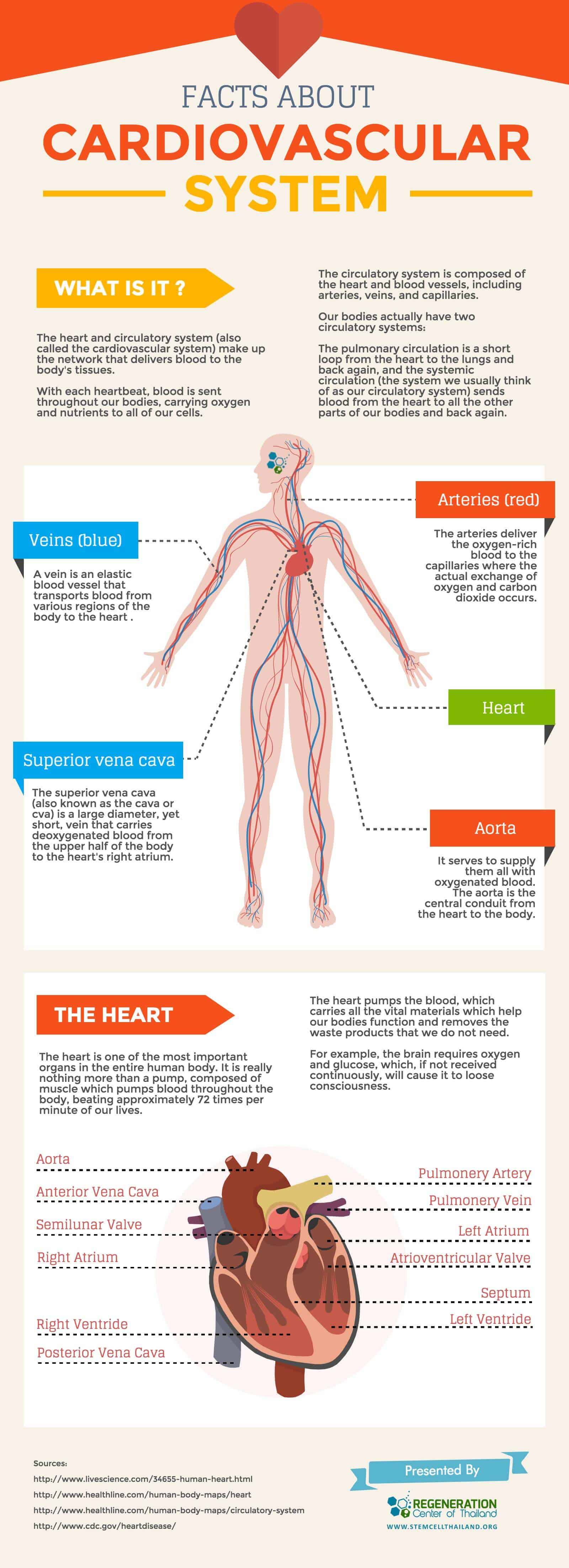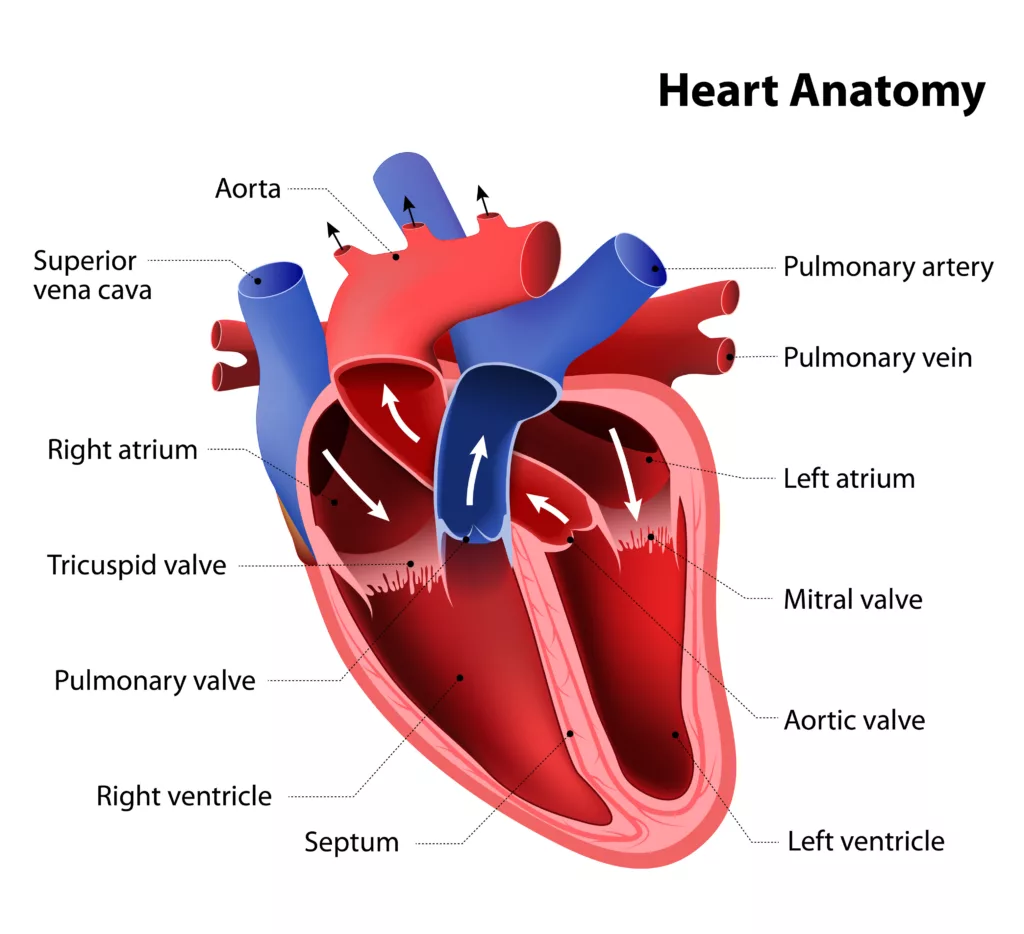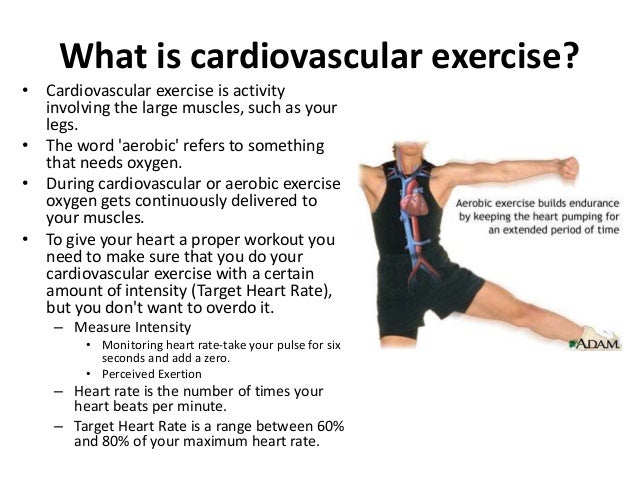What Does The Root Cardio Mean
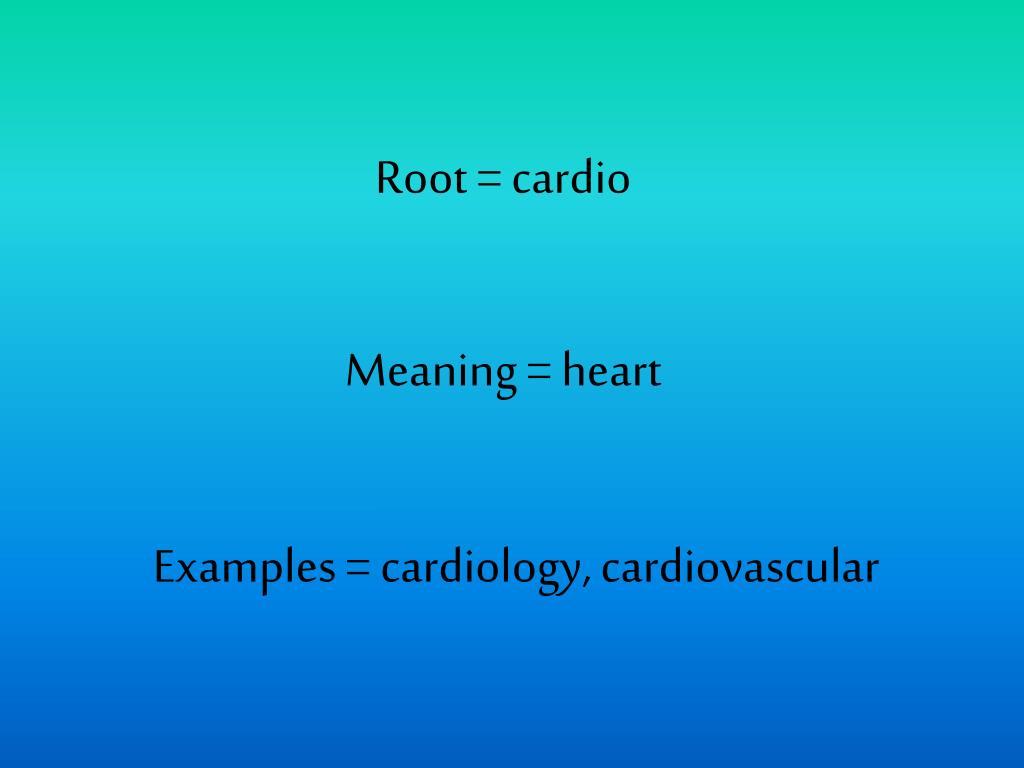
The word "cardio" is ubiquitous in fitness circles, doctor's offices, and everyday conversations about health. But beyond its widespread use, a deeper understanding of its origin and implications can illuminate its significance for overall well-being. What exactly does the root "cardio" mean, and how does this meaning relate to its practical applications in health and fitness?
This article will explore the etymology of "cardio," tracing its roots and defining its connection to the cardiovascular system. We will delve into the scientific understanding of how cardio exercise impacts the body, and examine its crucial role in maintaining and improving health. This understanding empowers individuals to make informed decisions about their fitness routines and overall health management.
The Etymological Roots of "Cardio"
The term "cardio" is derived from the Greek word "kardia," which translates directly to "heart." This foundational meaning provides a clear indication of the word's association with the cardiovascular system. Understanding this root is key to grasping the essence of "cardio" as it relates to exercise and health.
The cardiovascular system, also known as the circulatory system, encompasses the heart, blood vessels (arteries, veins, and capillaries), and blood itself. Its primary function is to transport oxygen, nutrients, hormones, and waste products throughout the body.
Therefore, any activity described as "cardio" inherently involves and impacts this crucial system. It is important to remember that the term "cardio" when used alone is often an abbreviated term for cardiovascular exercise.
Cardiovascular Exercise: Impact and Benefits
Cardiovascular exercise, often shortened to just "cardio," refers to any physical activity that elevates the heart rate and breathing rate for a sustained period. These activities engage large muscle groups and challenge the cardiovascular system.
Examples of cardio exercises include running, swimming, cycling, brisk walking, dancing, and various sports. The intensity and duration of these activities determine the specific impact on the body.
Regular cardio exercise offers a multitude of benefits for physical and mental health. These benefits are supported by extensive scientific research and endorsed by leading health organizations, such as the American Heart Association.
Some of the most significant benefits include improved cardiovascular health, lowered blood pressure, reduced risk of heart disease and stroke, and improved cholesterol levels. The Centers for Disease Control and Prevention (CDC) also recommends regular cardio exercise as part of a healthy lifestyle.
Cardio exercise also helps with weight management by burning calories. It strengthens the heart muscle, improves lung capacity, and enhances circulation.
Beyond the physical advantages, cardio exercise can also positively impact mental health. Studies show that regular physical activity can reduce stress, anxiety, and symptoms of depression.
Integrating Cardio into a Healthy Lifestyle
Understanding the meaning of the root "cardio" underscores the importance of incorporating cardiovascular exercise into a regular fitness routine. The World Health Organization (WHO) recommends at least 150 minutes of moderate-intensity or 75 minutes of vigorous-intensity cardio exercise per week.
However, it's crucial to consult with a healthcare professional before starting any new exercise program. This is particularly important for individuals with pre-existing health conditions.
Starting slowly and gradually increasing the intensity and duration of workouts can help prevent injuries and promote long-term adherence. Listen to your body and adjust your routine as needed to ensure it is both challenging and sustainable.
Furthermore, finding activities you enjoy can make cardio exercise more enjoyable and easier to stick with. The possibilities are endless, from joining a dance class to exploring new hiking trails. Consistency is more important than intensity, especially when first starting an exercise program.
Beyond dedicated exercise sessions, incorporating more movement into your daily life can also contribute to cardiovascular health. This could involve taking the stairs instead of the elevator, walking or cycling to work, or simply standing up and moving around more frequently throughout the day.
Conclusion
The root "cardio," meaning "heart," serves as a constant reminder of the vital role the cardiovascular system plays in overall health. By understanding the etymology and impact of cardiovascular exercise, individuals can make informed choices to improve their well-being.
Prioritizing regular cardio activity, along with a balanced diet and healthy lifestyle choices, is essential for maintaining a healthy heart and living a long, fulfilling life. Remember to consult with healthcare professionals for personalized guidance on incorporating cardio into your daily routine.
